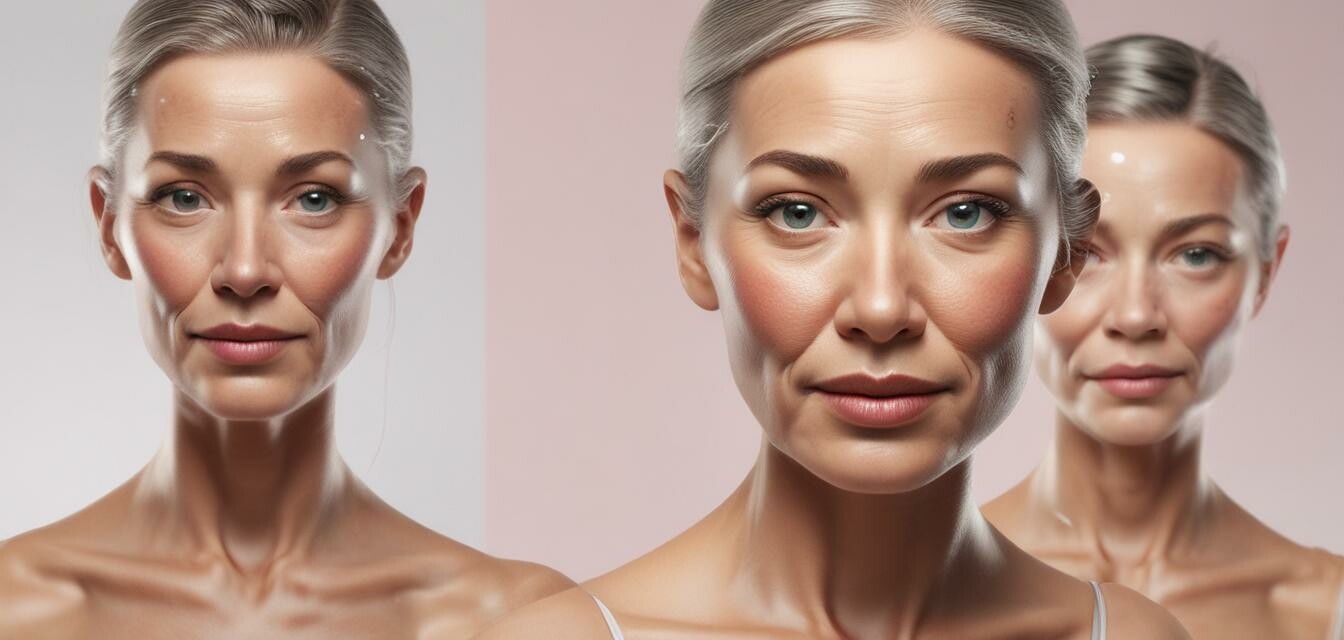
Understanding Anti-Aging Myths in 2025
The world of skincare is filled with information, some of which can be confusing or downright misleading. In 2025, it's crucial to differentiate between facts and myths when it comes to anti-aging. This article aims to debunk some of the prevailing misconceptions and help consumers make informed choices in their skincare routine.
Key Takeaways
- Many common anti-aging beliefs are rooted in myths rather than facts.
- Understanding the difference between marketing and science is crucial.
- Natural ingredients can play a significant role in skincare.
- It’s important to consult experts and research before investing in products.
Common anti-aging myths debunked
As we navigate the skincare landscape, it's essential to address several myths that can lead consumers astray.
| Myth | Reality |
|---|---|
| All anti-aging products work the same | Different products target varying skin concerns; not all will suit every skin type. |
| Natural means better | Natural ingredients can be effective, but not all natural products are safe or effective. |
| Sun exposure is harmless | UV rays significantly contribute to aging skin; protection is crucial. |
| Over-the-counter products provide immediate results | Skincare is a long-term commitment; noticeable improvements take time. |
| You only need sunscreen on sunny days | UVA rays can penetrate clouds and glass; daily use of sunscreen is essential. |
The impact of marketing on consumer perception
Marketing plays a significant role in shaping our understanding of skincare. Many anti-aging products come with flashy packaging and persuasive claims, making it easy to fall for marketing strategies.
It's crucial to research ingredients and seek products based on science rather than hype. Exemplifying scientific approach in choosing anti-aging oils and herbal moisturizers can be a better approach than going for trend-driven options.
How to choose the right products
When selecting products, consider the following:
- Know your skin type: Different products suit different skin types.
- Read ingredients: Look for scientifically backed ingredients.
- Consult professionals: Seek advice from skincare experts when needed.
- Seek reviews: Check reliable sources or discussions about product efficacy.
Staying informed in 2025
To stay updated with the latest trends and news in anti-aging, subscribe to our blog category that covers emerging products, innovative treatments, and scientific discoveries.
Consumer awareness and education
Educating oneself about skincare is vital. By staying informed about the latest research, trends, and formulations, consumers can make better decisions. For beginners, following simple tips can greatly benefit your skincare journey.
Pros
- Informed decisions lead to better skincare choices.
- Understanding myths helps consumers avoid ineffective products.
- Knowledge can encourage conversations with skincare professionals.
Cons
- Too much information can be overwhelming.
- Marketing can still mislead despite increased awareness.
Conclusion
In the rapidly evolving world of skincare, it is critical to remain vigilant and educated about anti-aging myths and realities. By embracing knowledge and approaching skincare with a critical eye, consumers can enhance their beauty routines while avoiding common pitfalls. Remember, the journey to youthful skin is multifaceted and requires ongoing research, understanding, and commitment.
Additional Resources
For more information on the best natural skincare products, check our reviews on different categories such as exfoliating scrubs, natural cleansers, and natural face masks.
